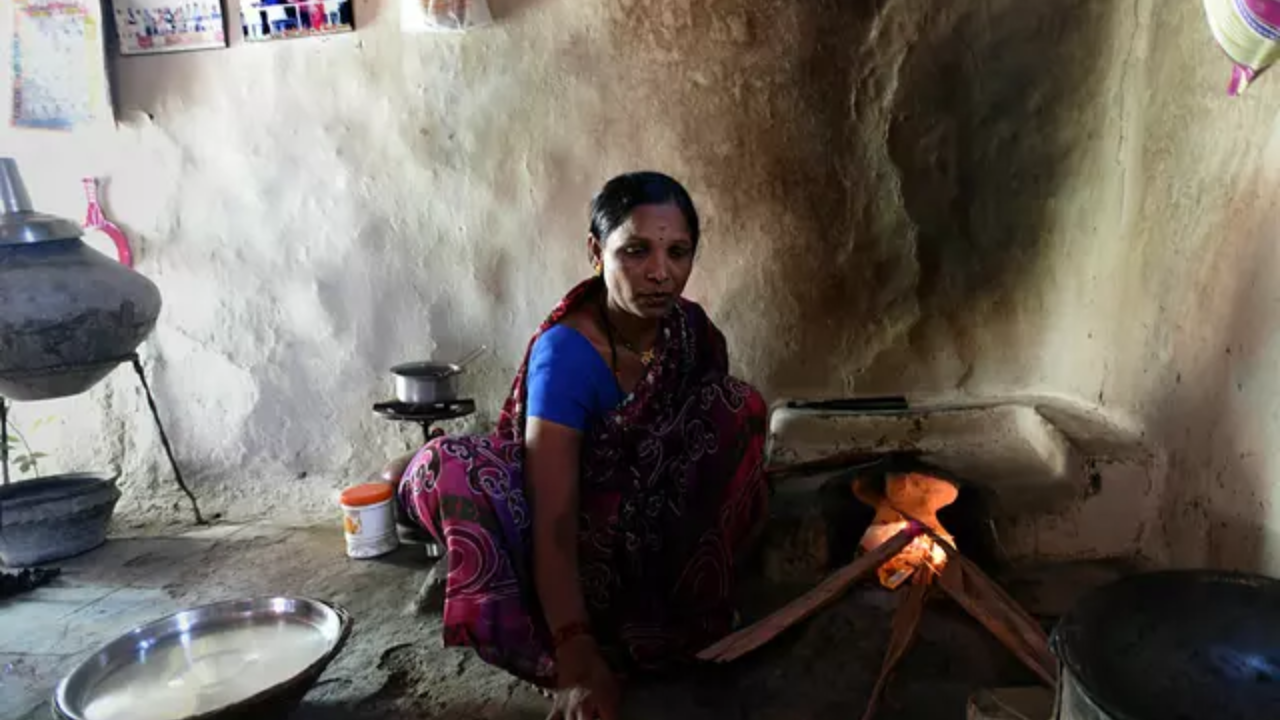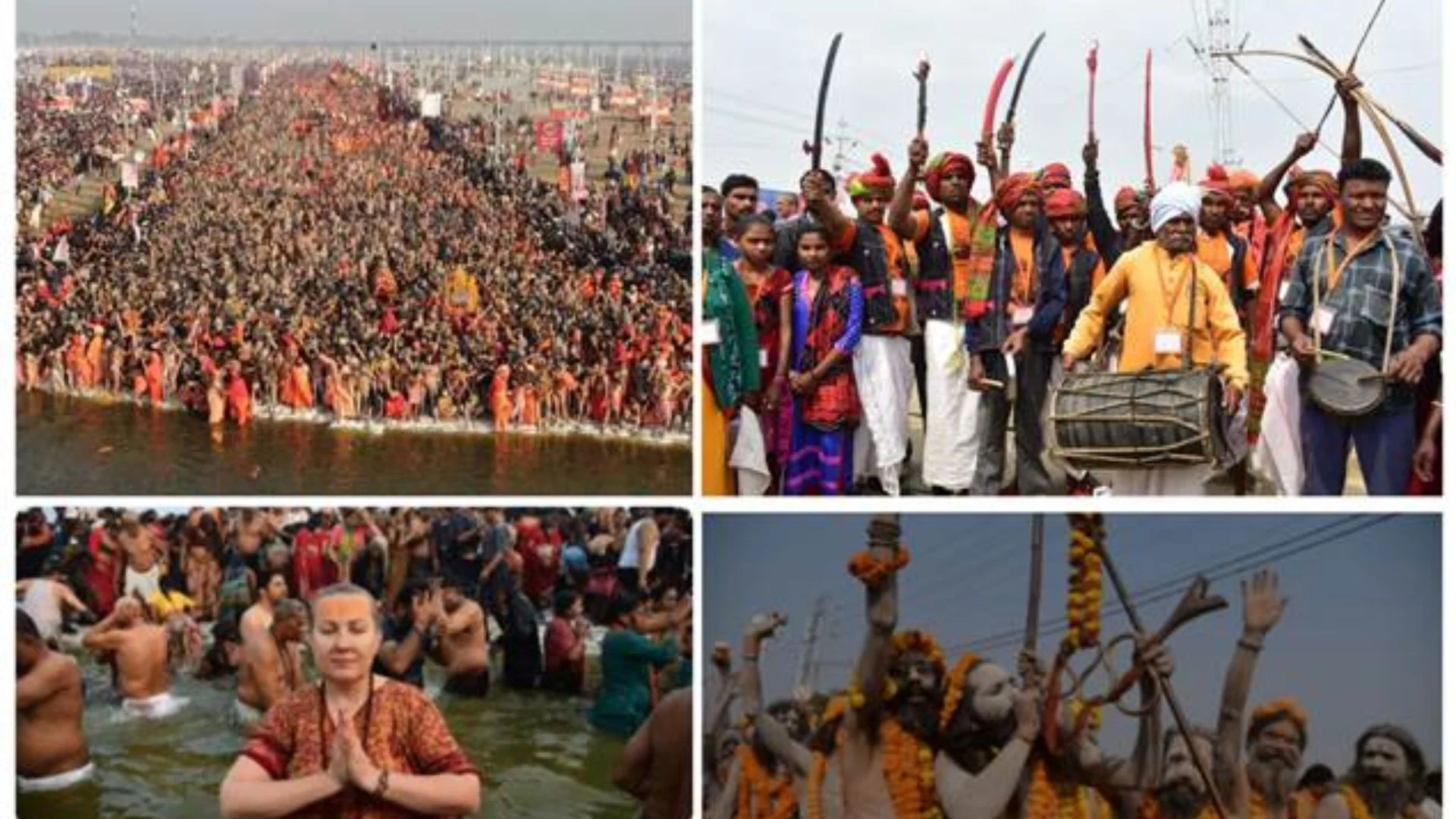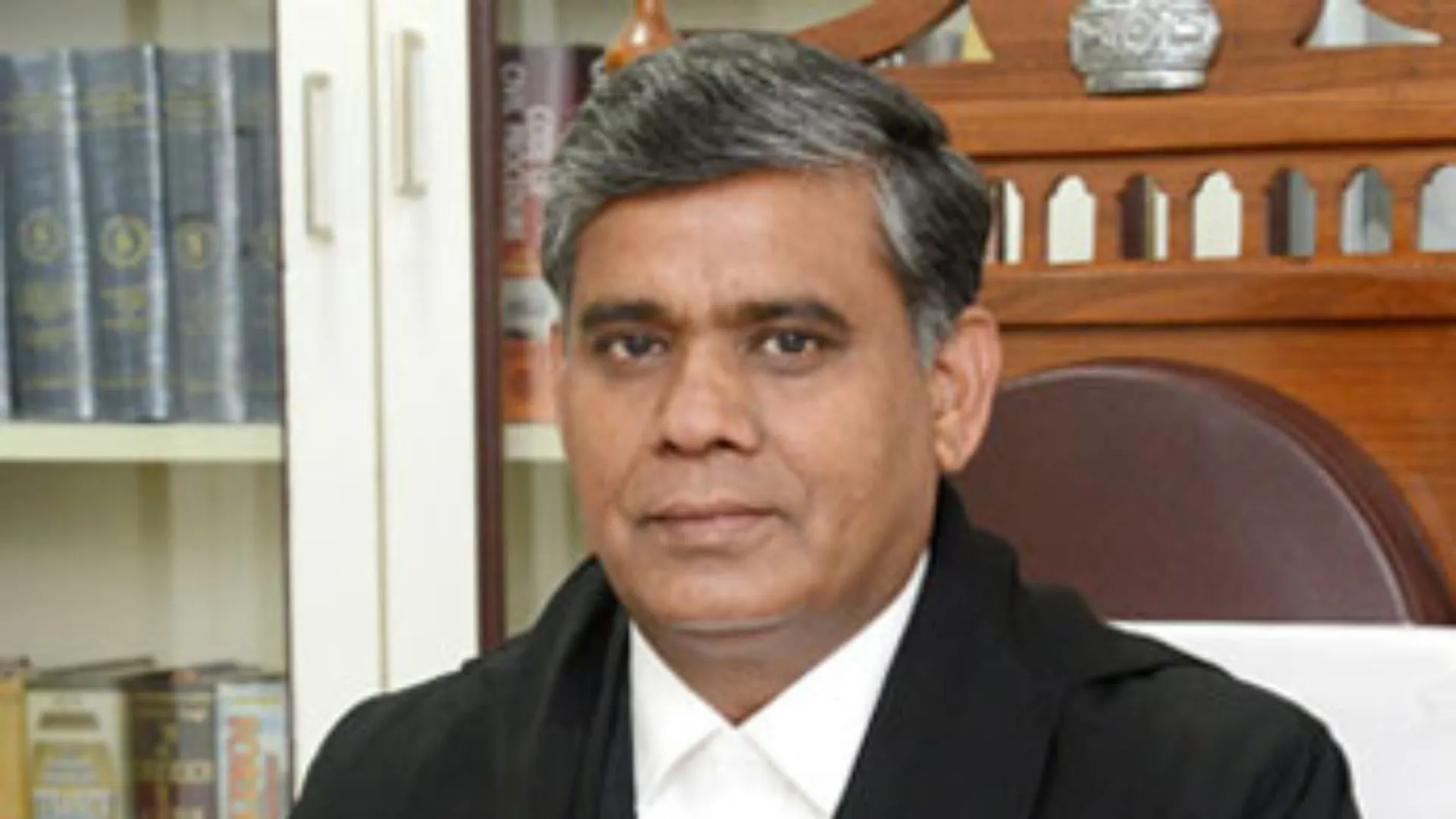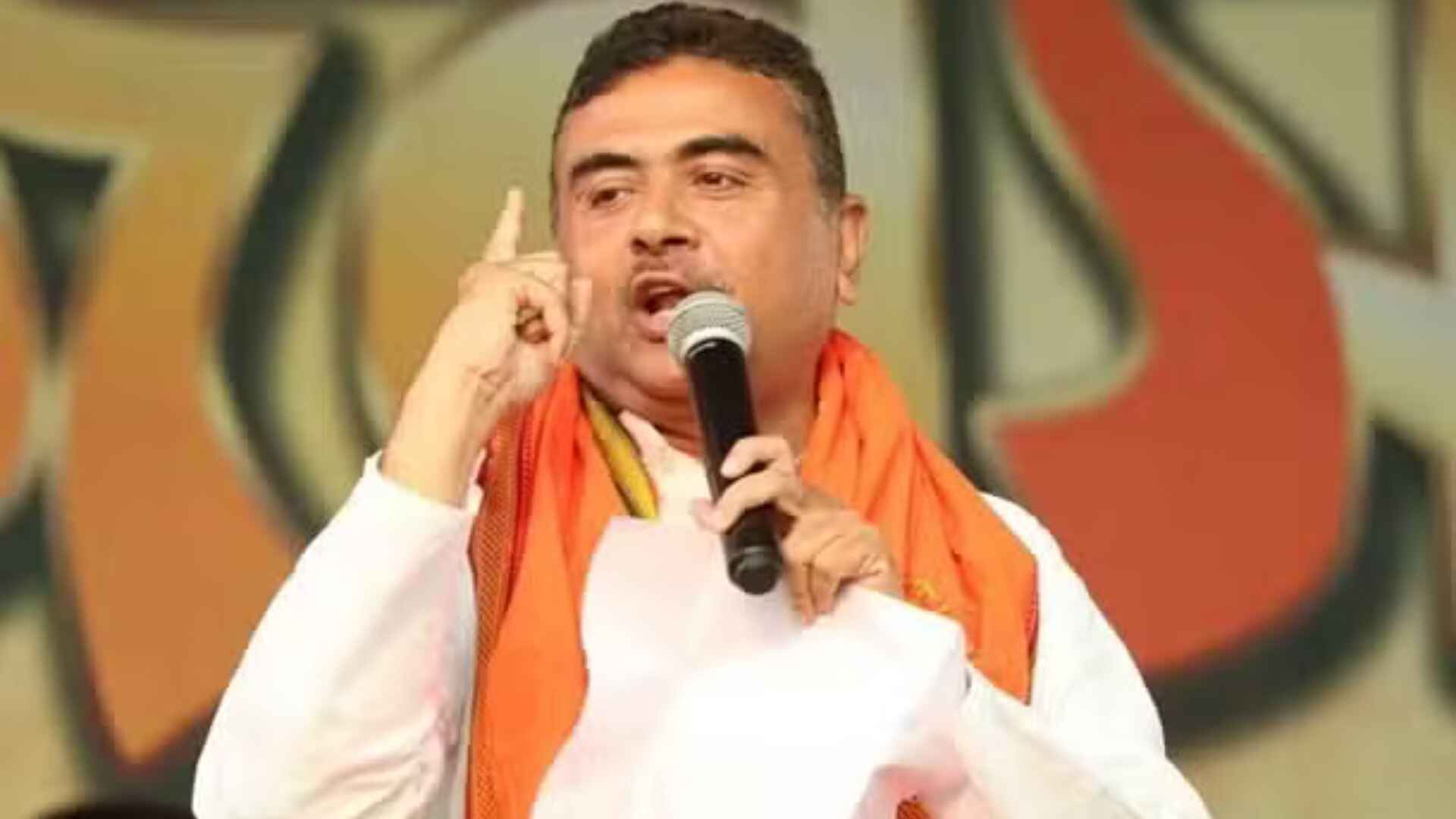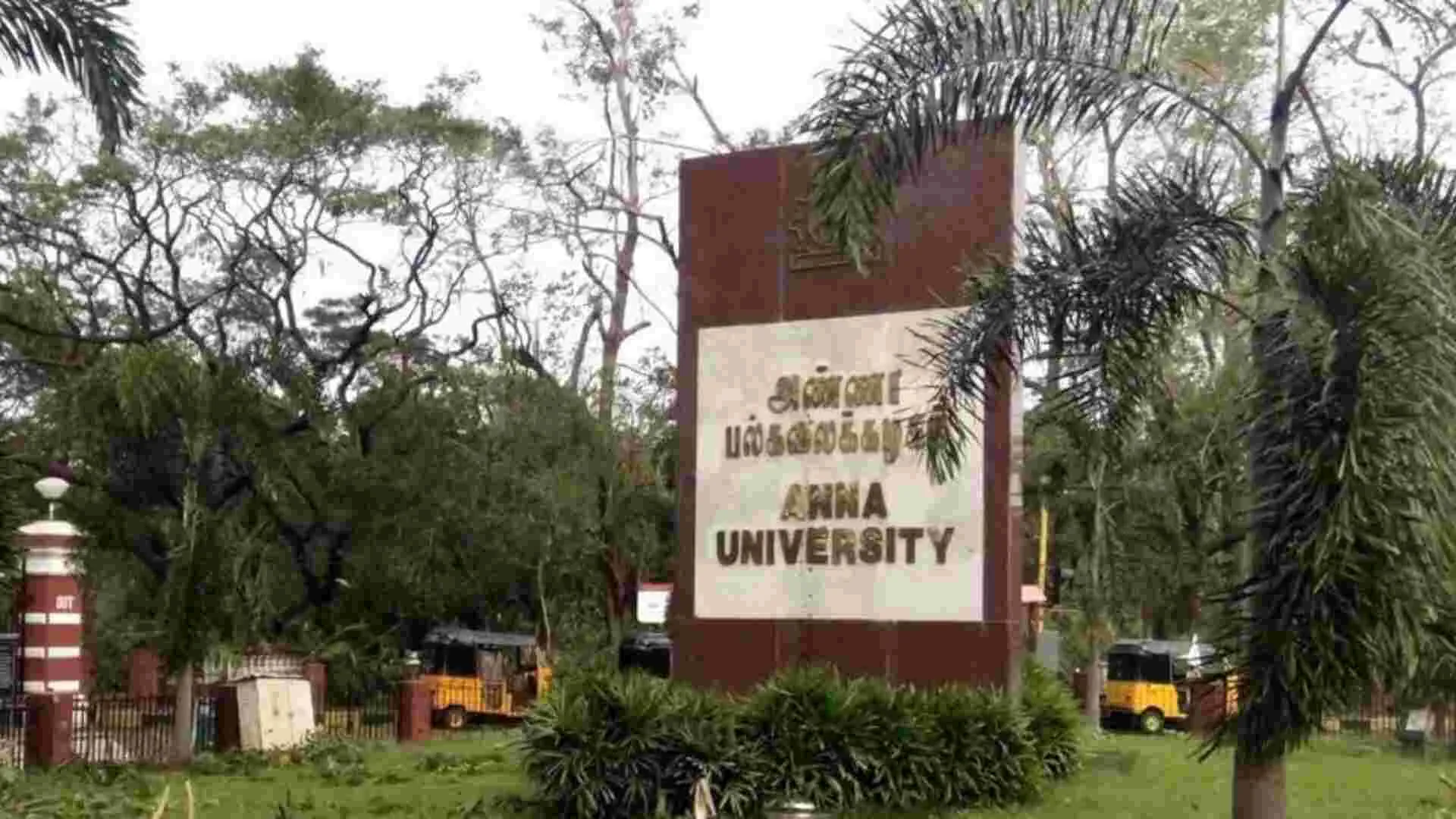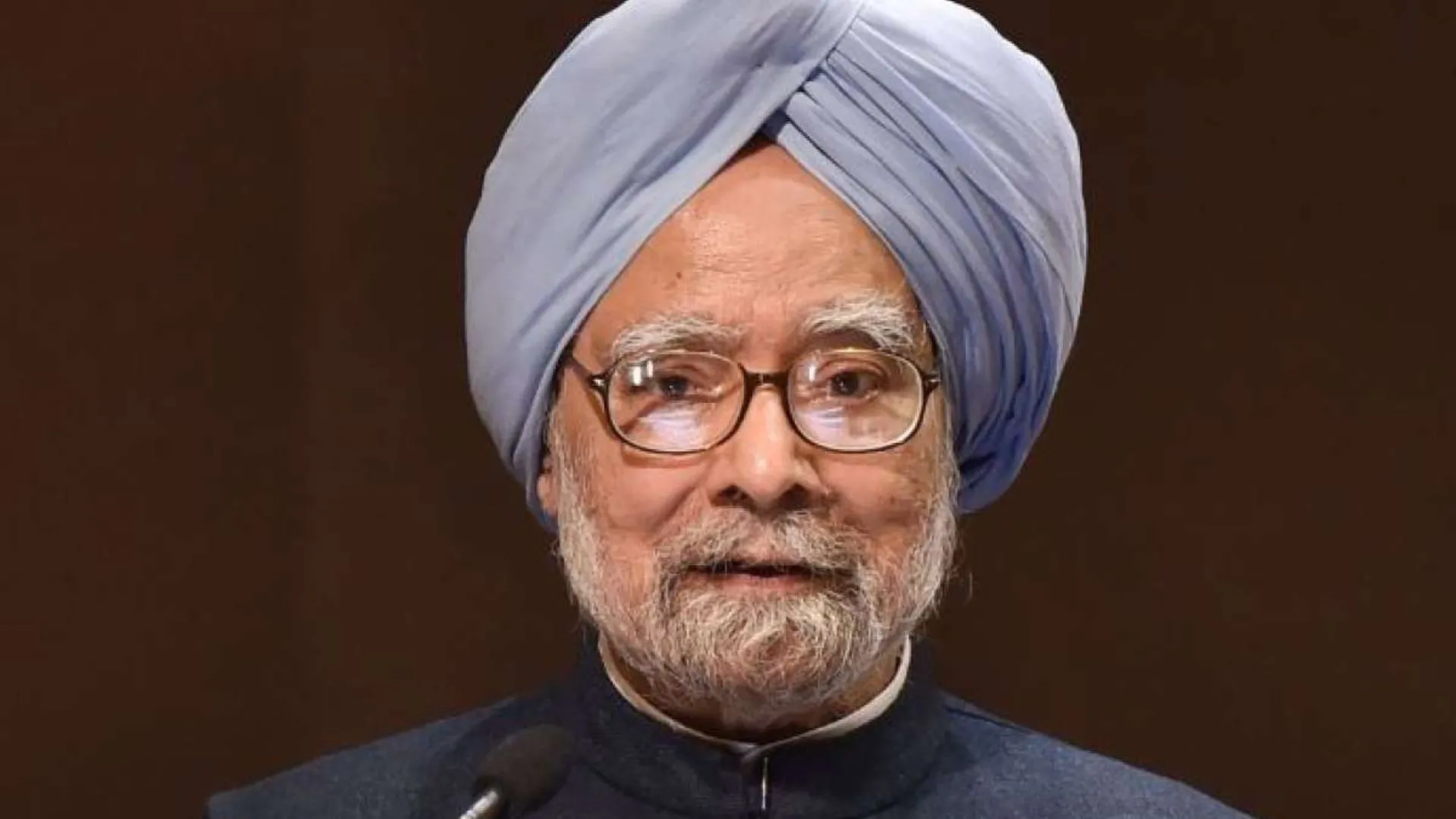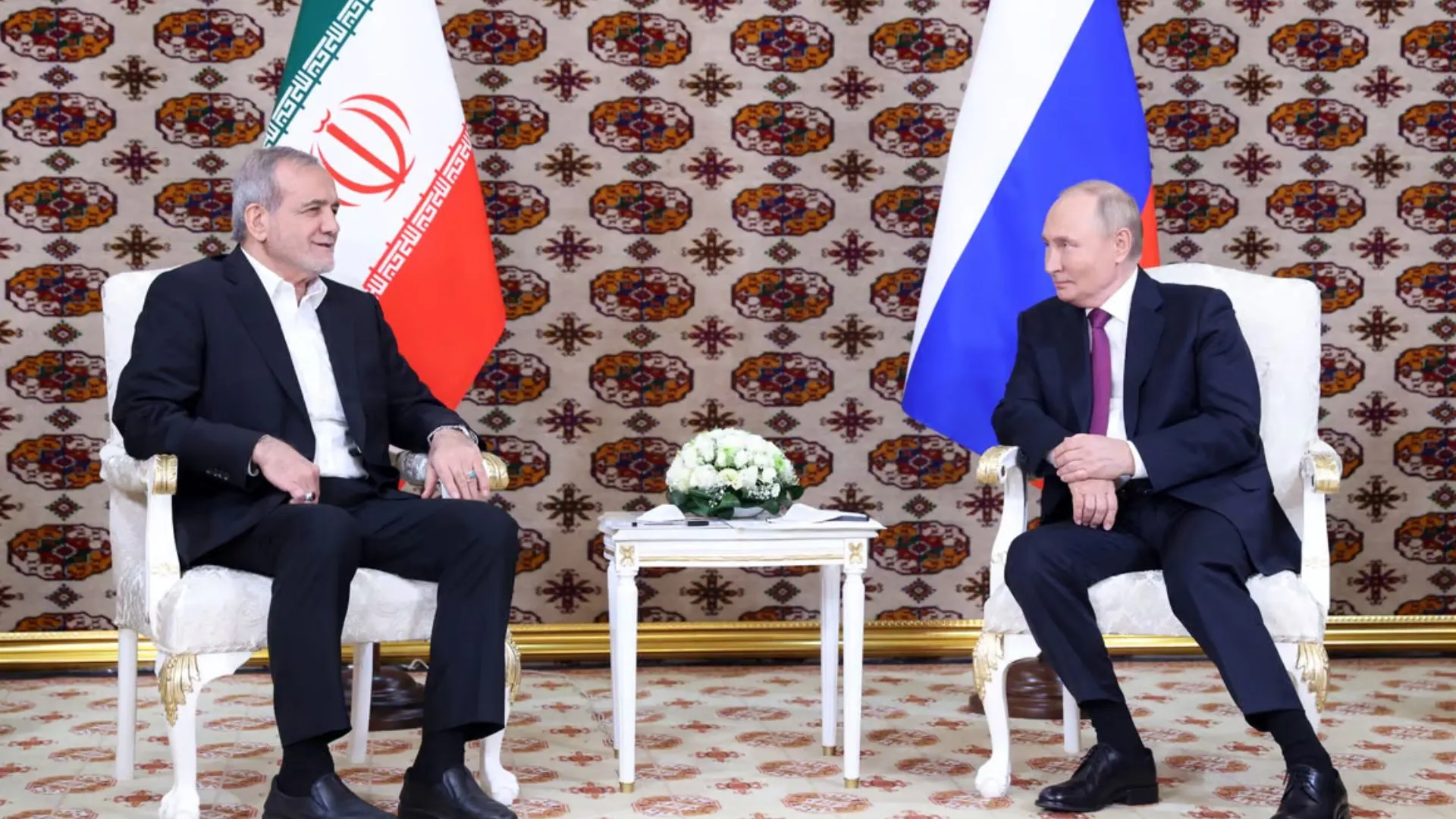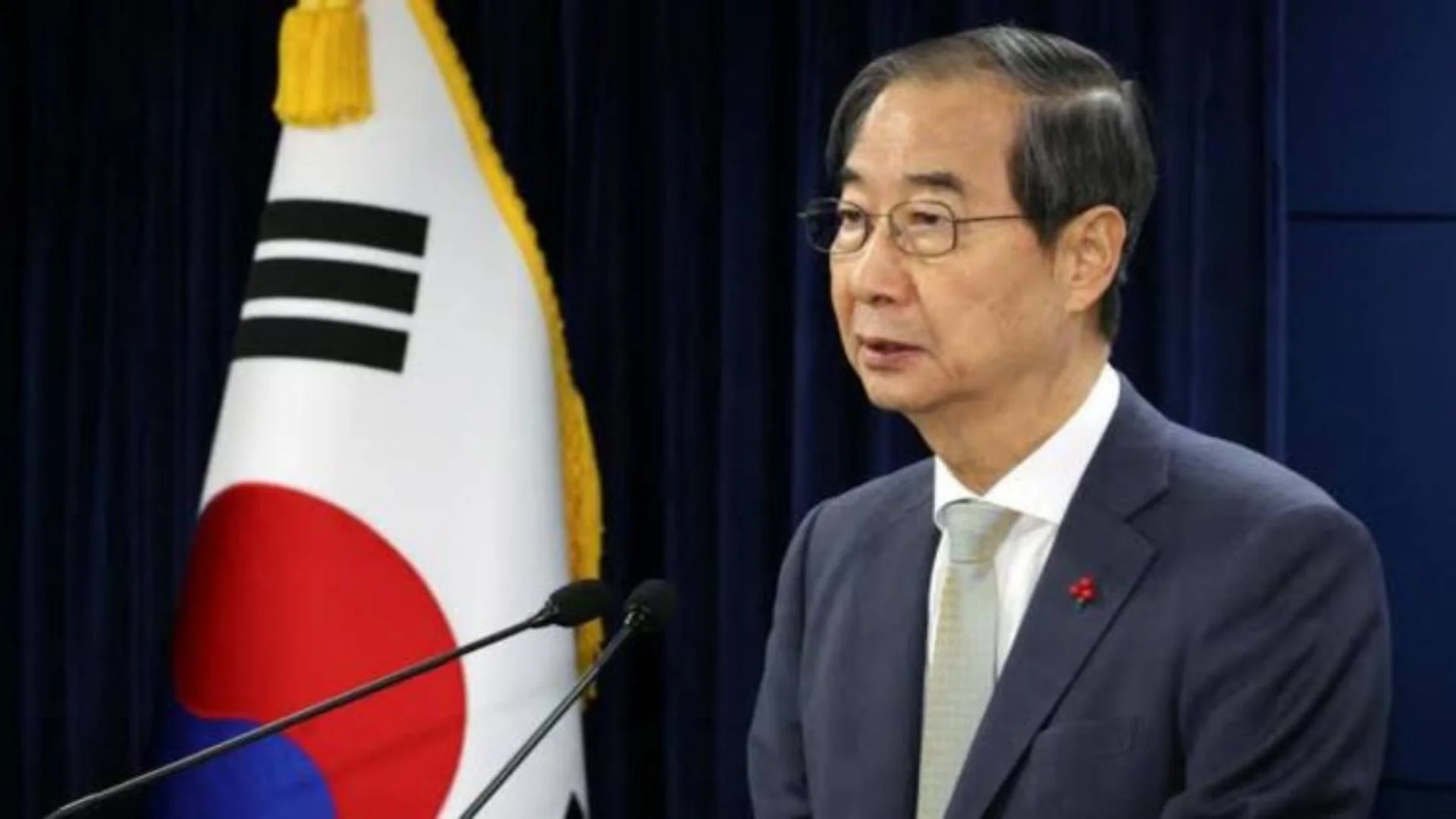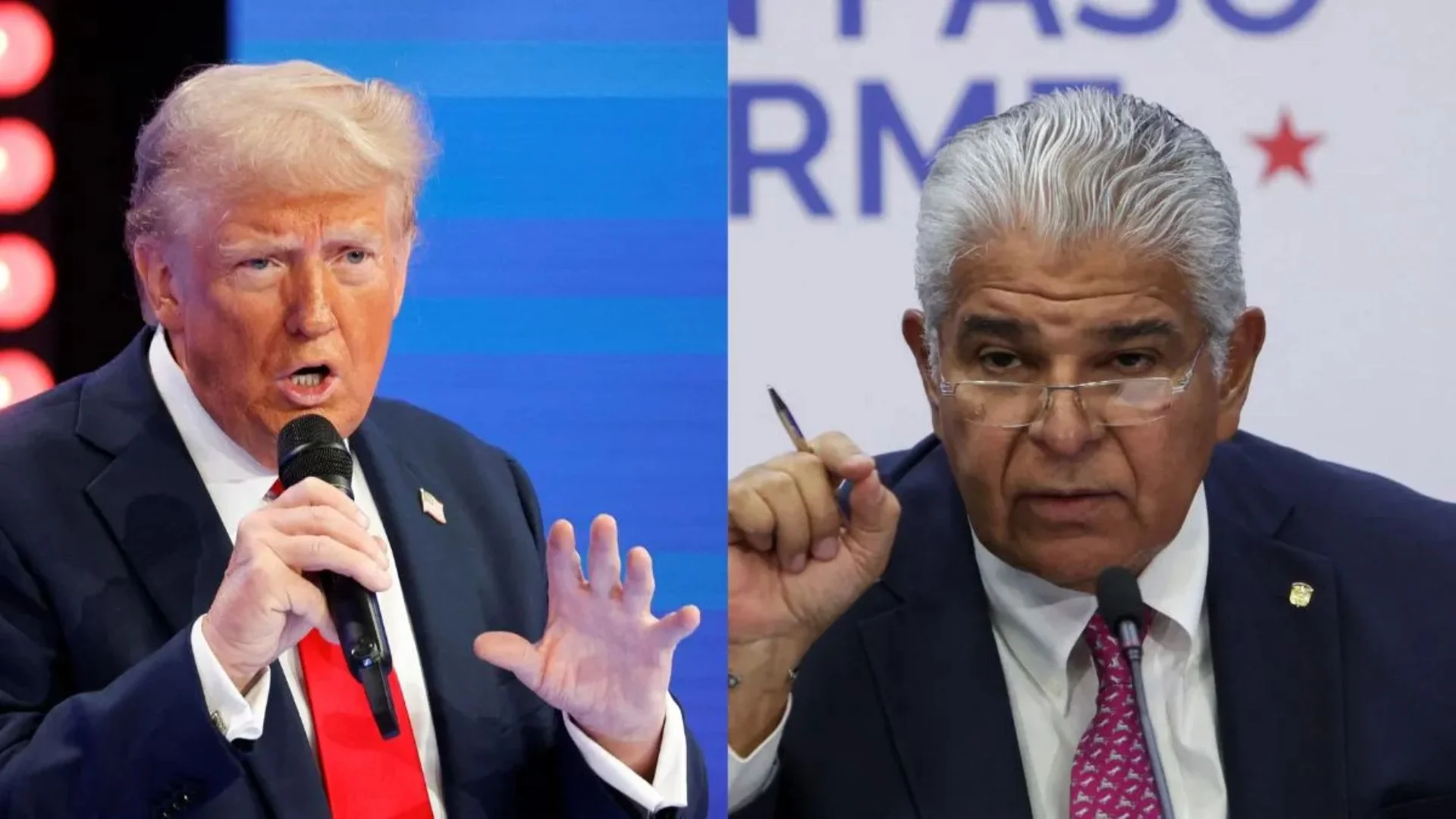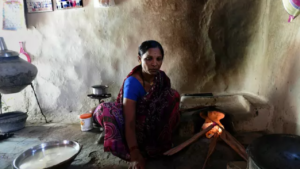The Supreme Court on Wednesday highlighted the vital role of homemakers in Indian families while ruling that divorced Muslim women are entitled to seek alimony from their husbands under Section 125 of the Code of Criminal Procedure. Justices BV Nagarathna and Augustine George Masih emphasized the necessity for husbands to financially support their wives, especially those without independent incomes.
Justice Nagarathna underscored the importance of financial empowerment for wives, stating it places vulnerable spouses in a more secure position within the family. She stressed that such measures are crucial to alleviate the economic stress faced by women who rely on their husbands.
“An Indian married man must become conscious of the fact that he would have to financially empower and provide for his wife, who does not have an independent source of income, by making available financial resources particularly towards her personal needs; in other words, giving access to his financial resources. Such financial empowerment would place such a vulnerable wife in a more secure position in the family. Those Indian married men who are conscious of this aspect and who make available their financial resources for their spouse towards their personal expenses, apart from household expenditure, possibly by having a joint bank account or via an ATM card, must be acknowledged,” Justice Nagarathna said.
The court’s decision reaffirmed that maintenance under Section 125 CrPC is a fundamental right of all married women, regardless of religion. It emphasized that this right ensures gender equality and financial security, transcending religious boundaries.
The ruling came in response to a petition by Mohd Abdul Samad, who challenged a family court’s directive to pay Rs 20,000 monthly to his divorced wife, which was later modified to Rs 10,000 by the Telangana High Court. His counsel argued for the primacy of the Muslim Women (Protection of Rights on Divorce) Act, 1986, over Section 125 CrPC. However, Amicus Curiae Gaurav Agarwal countered that personal laws do not negate a woman’s entitlement under the gender-neutral CrPC.
Justice Nagarathna highlighted the constitutional imperative to alleviate economic vulnerability among married women, particularly those without independent income sources. She stressed that maintenance is not charity but a means to empower and secure vulnerable homemakers economically, recognizing their significant role in family and society.

